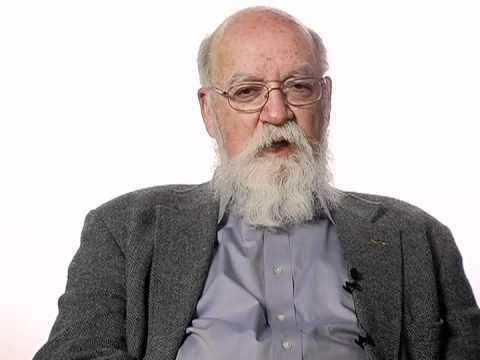Addressing the Decomposition Argument Made by Free Will Compatibilists

There is a common narrative put forth by compatibilists that goes something like this:
Even if free will can be broken into subcomponents and disproved individually, that doesn’t make it false.
Eddy Nahmias, a professor at Georgia State University, puts it this way in a New York Times piece > where he defends compatibilism:
The sciences of the mind do give us good reasons to think that our minds are made of matter. But to conclude that consciousness or free will is thereby an illusion is too quick. It is like inferring from discoveries in organic chemistry that life is an illusion just because living organisms are made up of non-living stuff. Much of the progress in science comes precisely from understanding wholes in terms of their parts, without this suggesting the disappearance of the wholes.
The mistake these kinds of decomposition arguments make is focusing on the decomposition. It’s not about that; it’s about the definitions of things.
Life, for example, is defined as:
A characteristic distinguishing physical entities having biological processes (such as signaling and self-sustaining processes) from those that do not—either because such functions have ceased (death), or because they lack such functions and are classified as inanimate.
That’s what life is. It has a name, and it has a definition. So when we say something is alive, we can fairly easily check to see if it meets those criteria.
Notice that it doesn’t say that it, "Cannot be made out of non-living parts." Such a stipulation would have to be part of the definition, and it isn’t.
So scientifically-minded people would NOT be inclined to label things as non-living if they’re made up of non-living parts. That’s silly.
You check to see something is part of a group by looking to see if if it fits the definition thereof, not by determining whether it can be broken into subcomponents.
Free will
Free will isn’t about deconstruction down to biology, chemistry, or physics. Those are mechanisms we use to help describe the situation, but ultimately we again start with a definition:
Free will is the ability to have willfully chosen otherwise for any previous decision.
Physics enters the conversation only because it’s relevant to being able to do otherwise! It’s not about deconstruction; it’s about being clear and accurate in your language.
From here it’s pretty elementary, and even the compatibilists agree on these points:
We live in a deterministic universe where all outcomes are the results of combined physical processes
We are simply part of an unbroken chain of events starting with the big bang
Therefore we could not have done otherwise for any previous action
Therefore we do not have free will
No other definition of free will—whatever it accomplishes—can negate this fact.
Thus, compatibilism is not a conversation about how the world is; it’s a conversation about how we should think about the world in order to best make sense of our experience and maximize happiness.
And that’s perfectly ok. I even like that approach.
Just don’t confuse it with a search for truth. These two things can be, and often are, very different things. And perhaps that’s what we have with the two sides of the free will discussion:
incompatibilism is a search for truth about the world, and
compatibilism is a search for how best to live in that world
So they’re ultimately trying to answer two different underlying questions, which produces the disconnect. Maybe this also explains why so many scientists tend towards incompatibilism while so many philosophers tend towards compatibilism.